We produce a broad range of mechanical stamping presses including gap frame and straight side presses in single-point, two-point, and four-point configurations, along with various 4-column and H-frame hydraulic presses. With dozens of models and hundreds of product variations, our machines are widely used in automotive, aerospace, nuclear power, shipbuilding, home appliance, and telecommunications industries for the forming and processing of sheet metal and metal parts.
Defu has earned a strong reputation for the reliability of its machines and fast, responsive after-sales service. Our products are distributed throughout more than 30 provinces and cities in China and exported to the United States, Europe, Southeast Asia, the Middle East, Africa, and other regions.
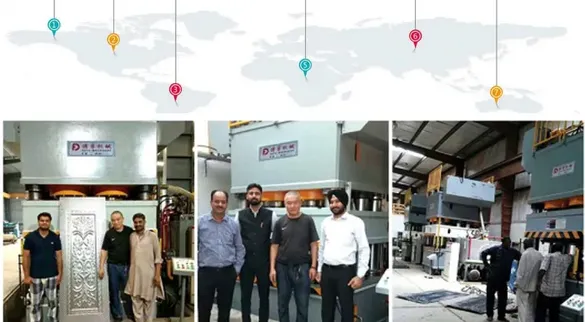
We offer customized press solutions to meet the unique requirements of each customer designing equipment tailored to specific applications. Defu provides not only individual machines, but also complete turnkey solutions that integrate presses, dies, and automation systems. This eliminates the need for multi-party coordination and ensures worry-free final product acceptance.
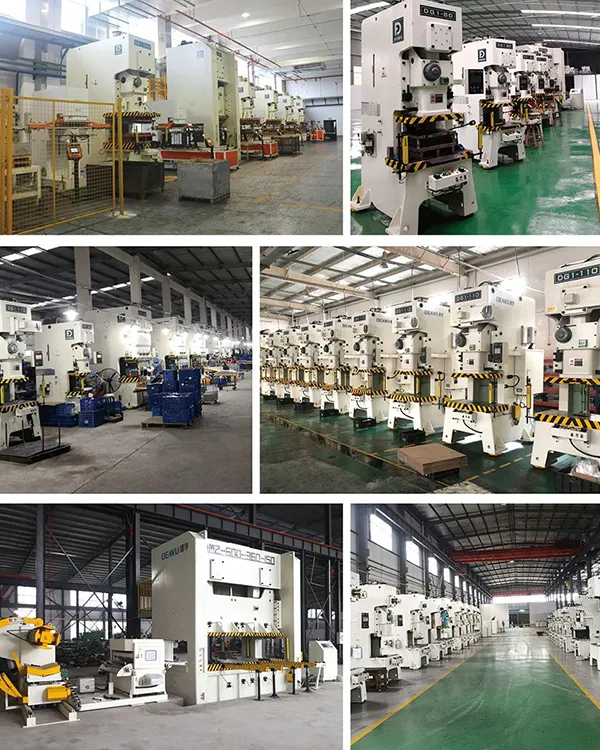
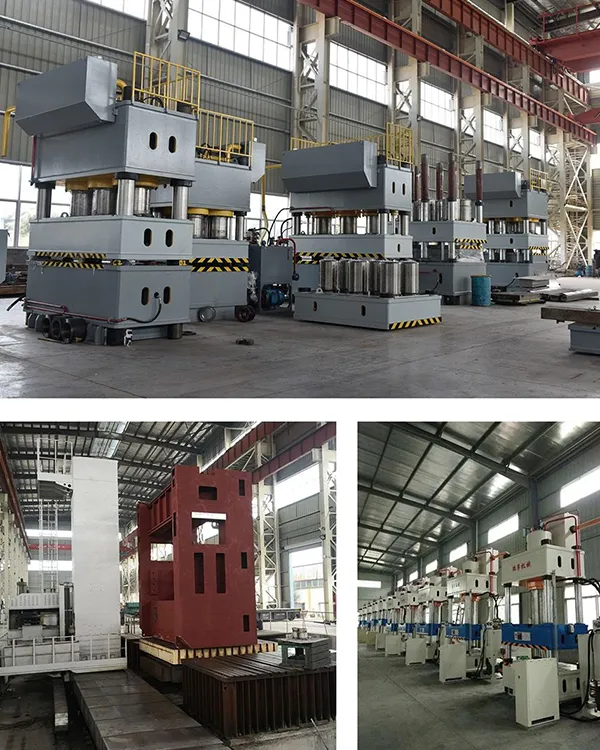
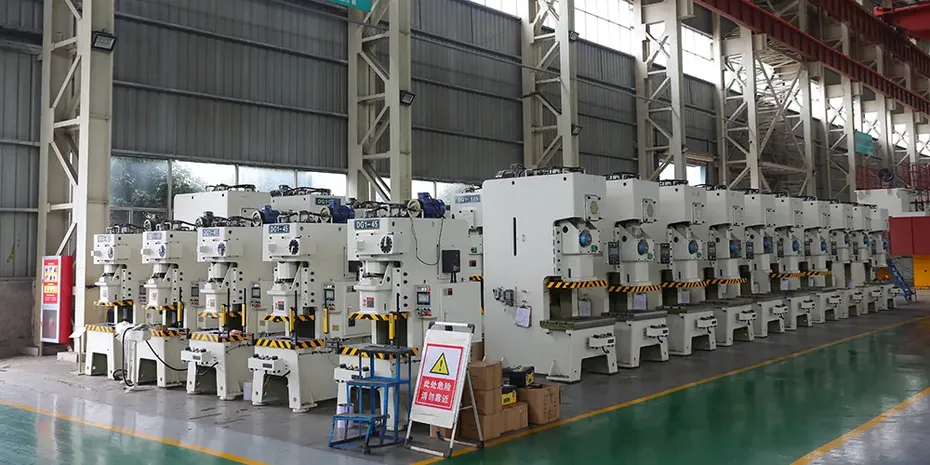
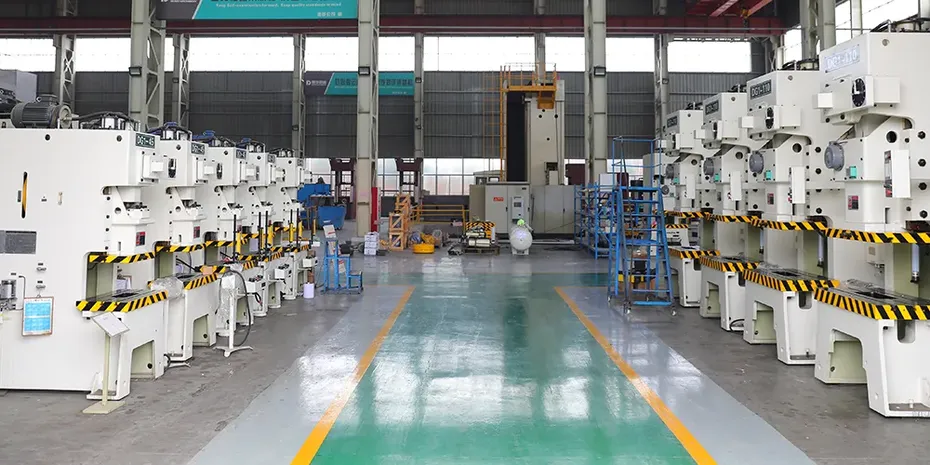
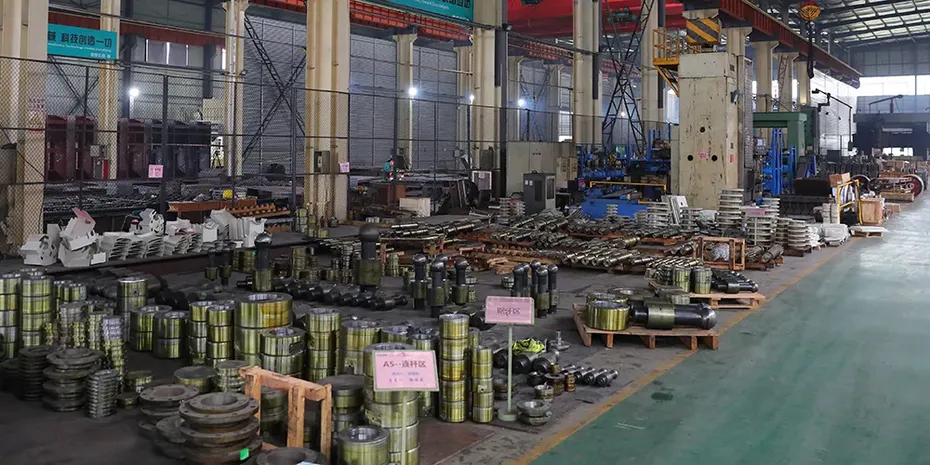
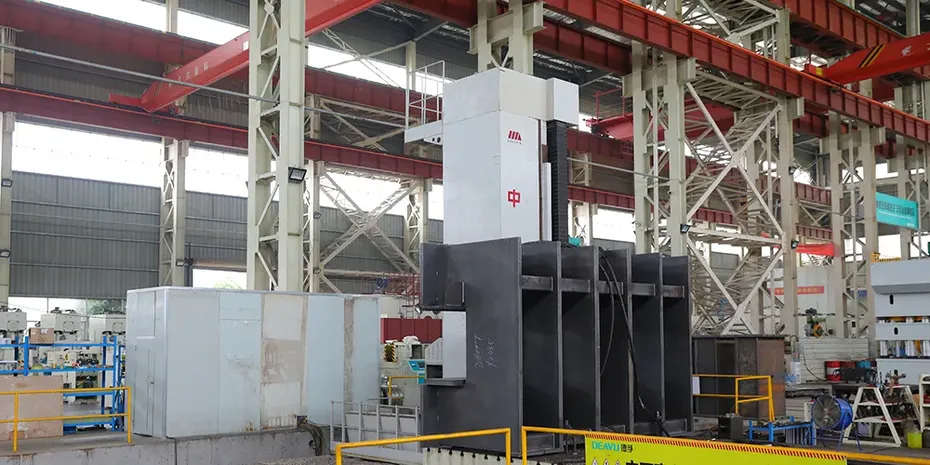
Our facilities span 100,000 square meters, and we are equipped with full production capacity for press systems up to 2,000 tons, including:
Energy-efficient with programmable slide motion, our servo presses help extend die life, reduce stamping noise, and increase production output.
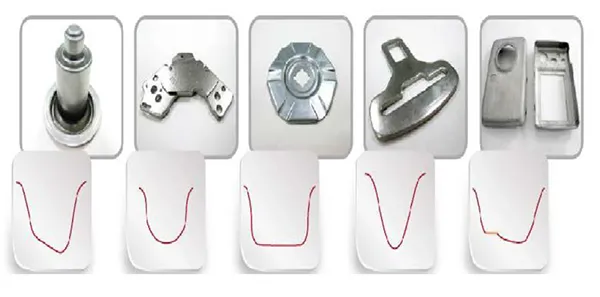
Deep drawing, compound stamping & forging, general forming, blanking & punching, in-die heating
The press motion curve can be freely programmed with high flexibility to meet the demands of various forming and stamping processes.
Each press in the line is synchronized with the first press, ensuring minimal angular deviation between adjacent machines. In actual operation, the first press typically a multi-link, high-tonnage mechanical press reduces slide speed in the forming zone. To maintain synchronization, the subsequent presses automatically adjust their speeds via PID control within the program. As a result, the overall line speed is reduced to match the forming rhythm of the first press, ensuring coordinated operation across the entire line.
Synchronization with a virtual shaft allows all presses to maintain a fixed angular offset relative to the virtual axis throughout the operation.

In actual operation, the first multi-link high-tonnage mechanical press slows down its slide speed during the forming phase, resulting in a slight deviation from the virtual shaft. Once forming is complete, the PID system adjusts the press speed during the return stroke to eliminate the accumulated deviation. The following presses maintain a consistent angular offset with the virtual shaft without reducing speed, ensuring that the overall production rhythm of the line remains unaffected.

Our staff is at your disposal for any technical or commercial information, for suggestions on the type of metal forming presses to choose or for its possible customization.